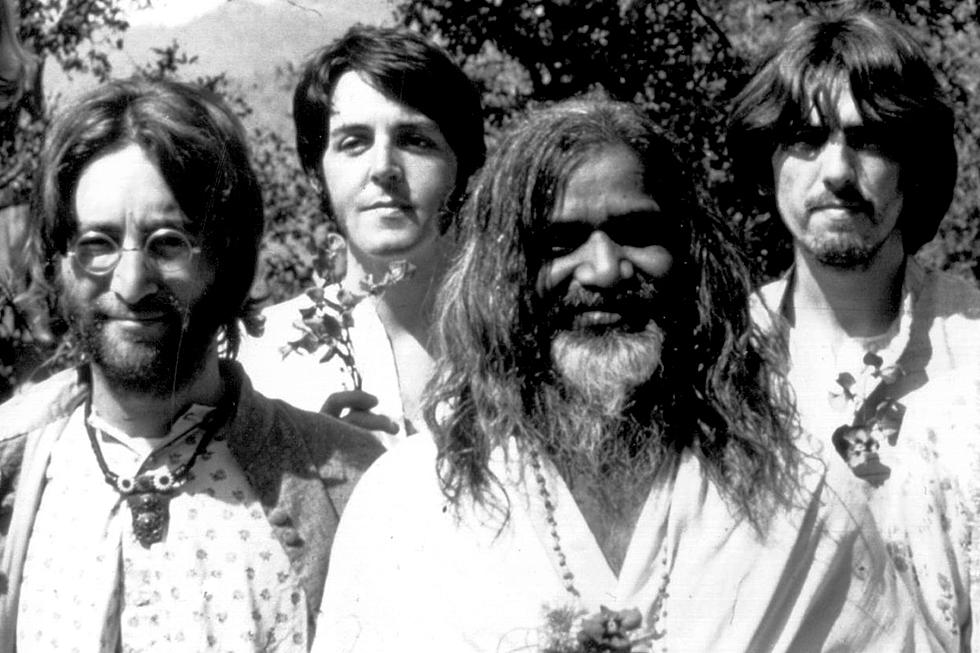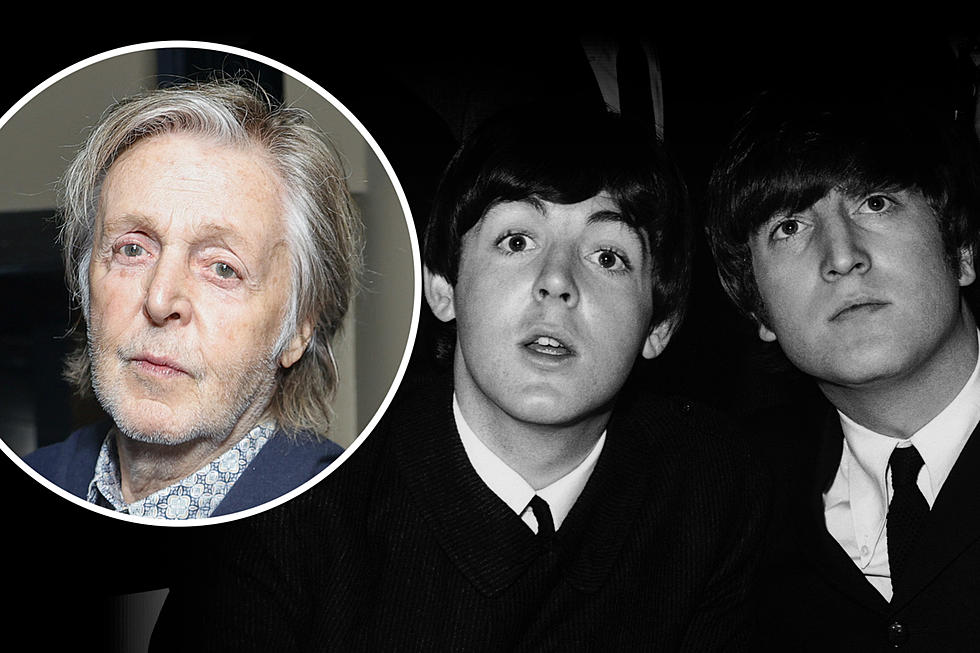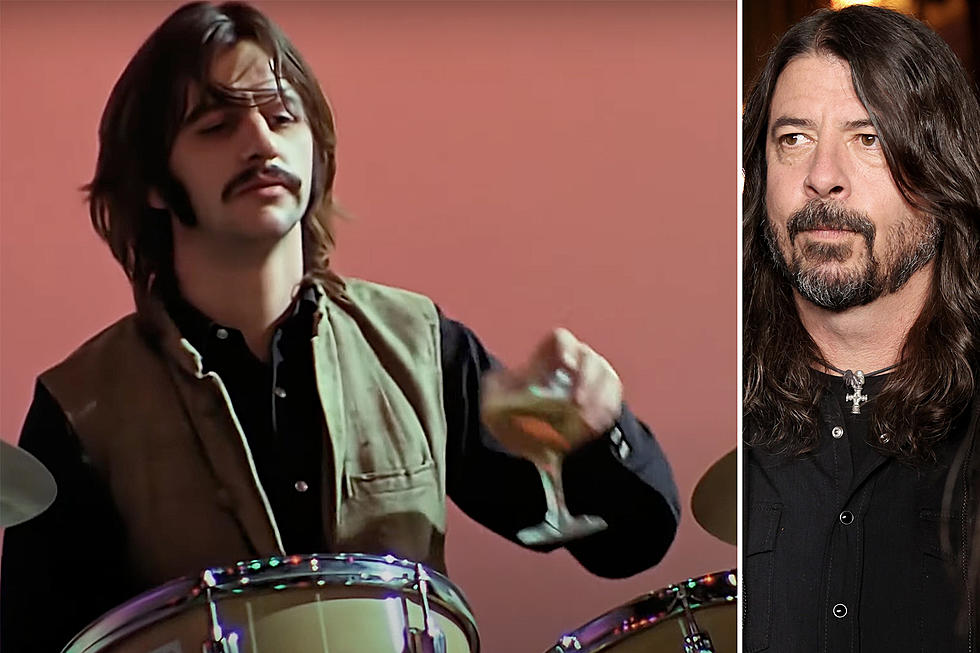
Beatles Movie Explores ‘Paradox’ of Their Success in India
The director of a new documentary about the Beatles in India said there was a “paradox” about the band’s success in that country.
Ajoy Bose – an author whose movie The Beatles and India premiered in the U.K. this past weekend before it gets a wider release later in the year – argued that the Fab Four’s influence on the continent went much further than their celebrated visit to learn from Maharishi Mahesh Yogi at Rishikesh in 1968.
“You can tell the Beatles’ story so many different ways,” Bose told The Guardian in a recent interview. “I always felt that the India part of the Beatles saga was bigger than Rishikesh.” He said the connection began with George Harrison’s use of sitar on the set of their movie Help!, following a short visit to Delhi in 1966.
“For me, this isn’t a story about the Maharishi,” Bose noted. “It’s about four working-class lads from Liverpool, who got deeply into Indian culture, when George was the de facto leader of the group.” He recalled his own experience of discovering the group as a young teenager. “I was from the English-speaking Bengali middle-classes, who had been into Elvis Presley, Jim Reeves and Doris Day, and who were naturally bicultural," he explained. "P.G. Wodehouse was our sense of humor, and that’s why I think there was an immediate connection with the Beatles: the wit.”
He added that his "father was a bureaucrat who started with the British Raj. His problem with the Beatles was that they didn’t behave ‘like Britishers’ – people with a stiff upper lip, who had short hair and didn’t let their feelings show. So the Beatles, with their long hair and jokes, really blew our minds.”
Bose said it wasn’t a one-sided relationship; instead it was “osmosis on both sides." “And look at the paradox," he said. "The Beatles were tired of the west’s commercialized capitalist culture and looking for spiritual peace, but we looked upon them as exciting symbols of modern culture.”
The Best Song on Every Beatles Album
Who Was the Fifth Beatle?
More From 102.9 WBLM










